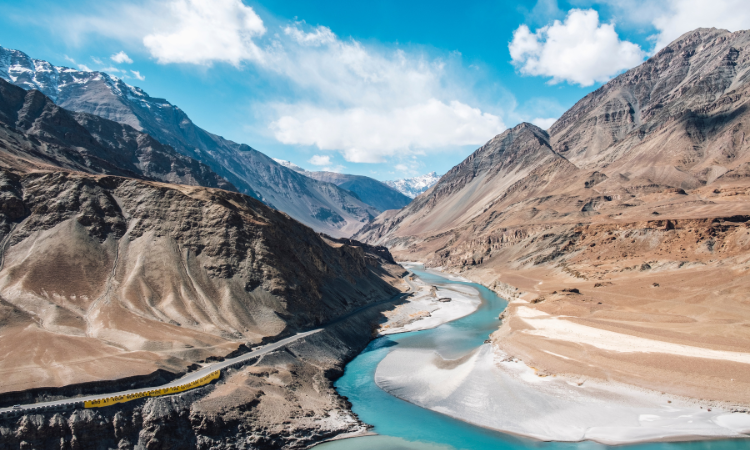India and Pakistan have entered a tense standoff after a terrorist attack in Pahalgam, Kashmir, killed at least 26 tourists. In retaliation, India downgraded diplomatic ties, closed its main land border, expelled certain Pakistani nationals, and—most provocatively—suspended its participation in the 1960 Indus Waters Treaty (IWT), threatening Pakistan’s vital water supply. New Delhi says this “abeyance” will remain until Pakistan ends support for cross-border terrorism.
Pakistan responded by mirroring India’s measures: closing the Wagah border, expelling Indian advisers, suspending visas under the SAARC scheme, shutting its airspace to Indian carriers, and threatening to hold all bilateral treaties, including the 1972 Simla Agreement, in abeyance. Islamabad warns that any real disruption of Indus waters would be “an act of war.”
Experts note that, despite the suspension declaration, India currently lacks the reservoir capacity to significantly cut flows during the high-water season (May–September). Legally, a unilateral treaty suspension has no basis—the IWT can only be modified by mutual consent—and any challenge would likely play out in international forums, harming India’s reputation as a rules-based actor.
Strategically, India appears to be using the IWT suspension to pressure Pakistan into renegotiating terms—something it has unsuccessfully sought in 2023 and 2024, citing climate change and groundwater issues. Whether this unprecedented escalation will force Islamabad back to the table or further destabilize the region remains to be seen.






